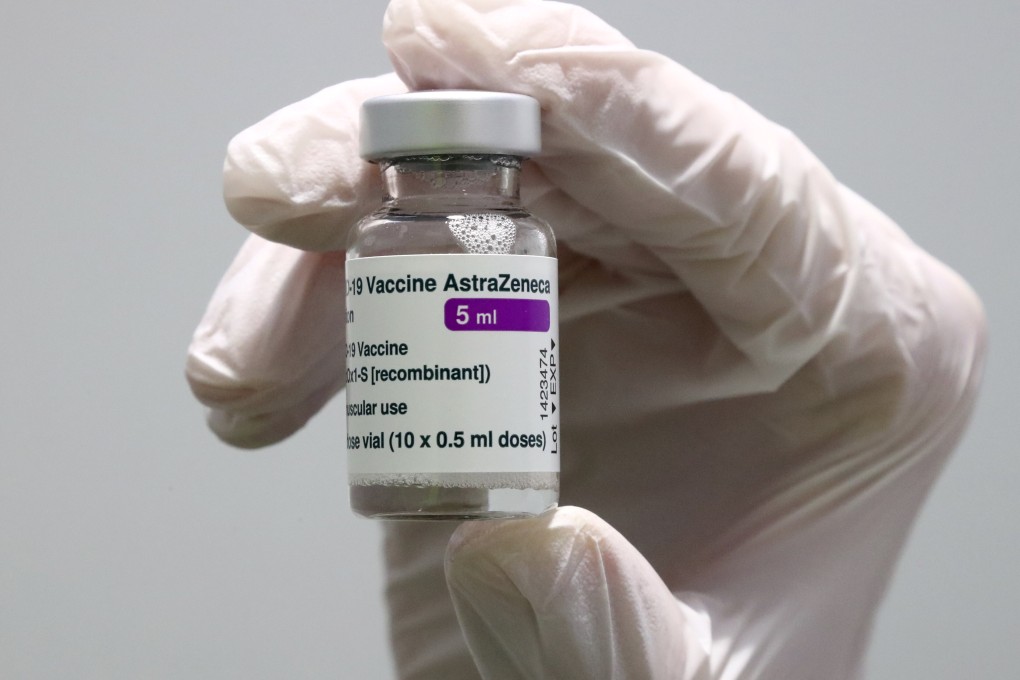Will Malaysia dropping AstraZeneca from main inoculation drive fuel vaccine hesitancy?
- Only China’s Sinovac Biotech vaccine and Pfizer-BioNTech shot now offered at government vaccination centres, but AstraZeneca jab is still available as an opt-in
- Experts say this allays public concerns over side-effects like blood clots; others say it may damage trust in vaccines and undermine global vaccination efforts

China on Thursday beat the United States in terms of total doses administered but Thailand, the Philippines and India are scrambling for available doses while in Hong Kong, take-up of a vaccination programme open to anyone above the age of 16 has been lacklustre.
On Wednesday, Malaysia’s coordinating minister for vaccinations Khairy Jamaluddin said the 268,000 doses of the British-Swedish vaccine it received last week would only be offered as part of a separate opt-in, given public hesitancy over the perceived risks of blood clots – a side effect for a tiny percentage of those who had taken the vaccine.
“We do not want to waste this vaccine which is effective and safe, but at the same time, we understand that in this period, perhaps science and facts cannot overcome people’s fears and fake news that have gone viral,” said Khairy.
Malaysians can still opt for the jab at a selected vaccination centre in the state of Selangor, where the capital Kuala Lumpur is located, but only China’s Sinovac Biotech vaccine and the Pfizer-BioNTech shot will be offered at government vaccination centres nationwide.
